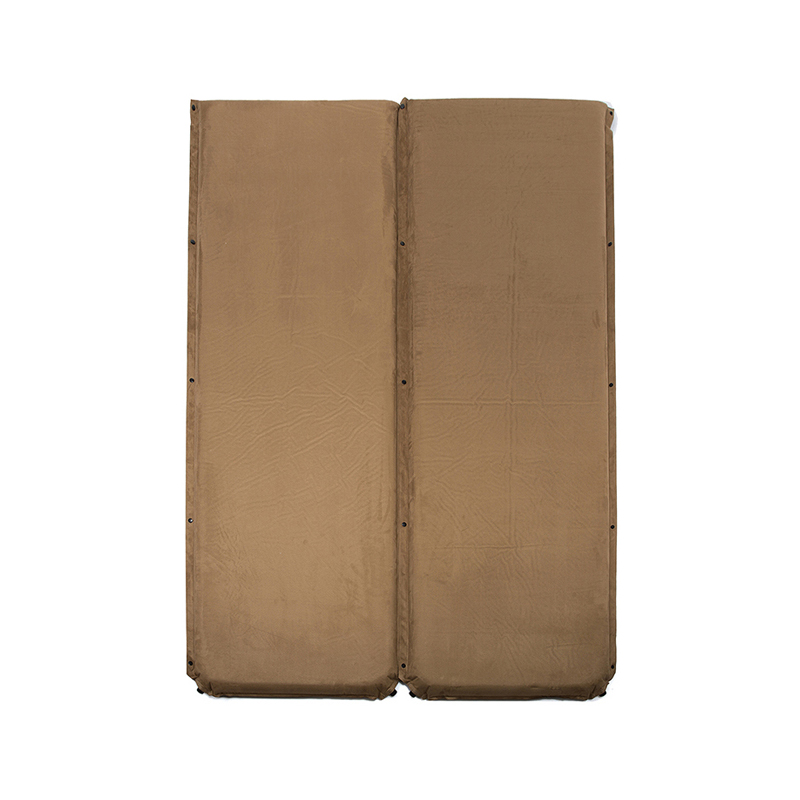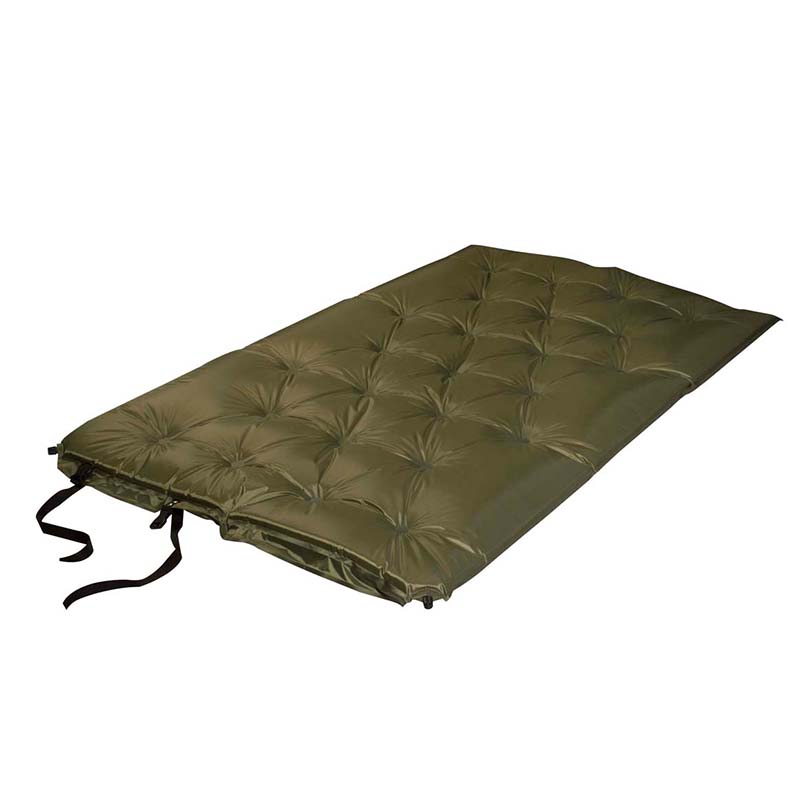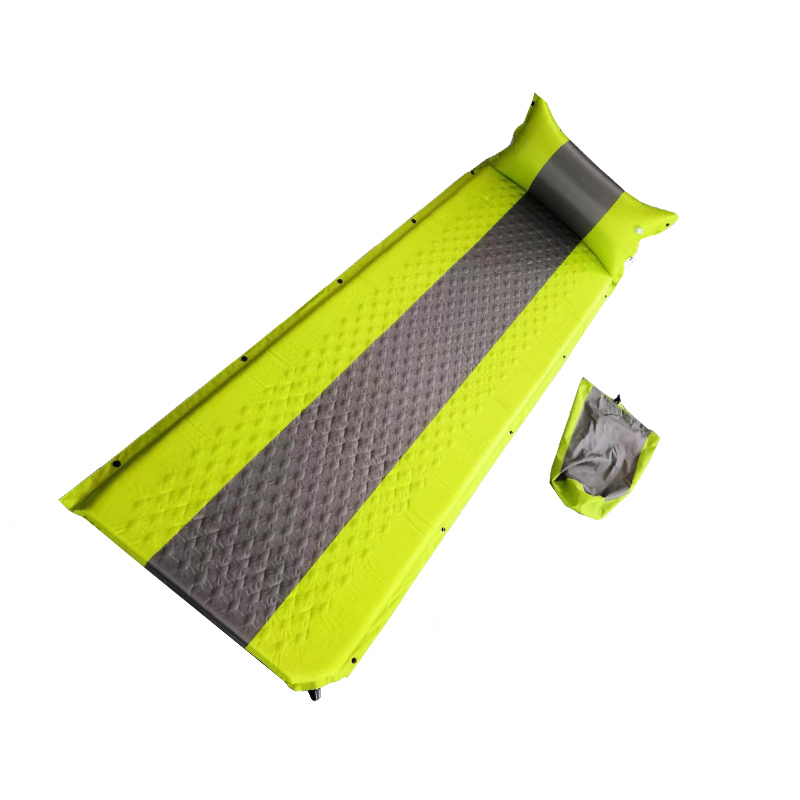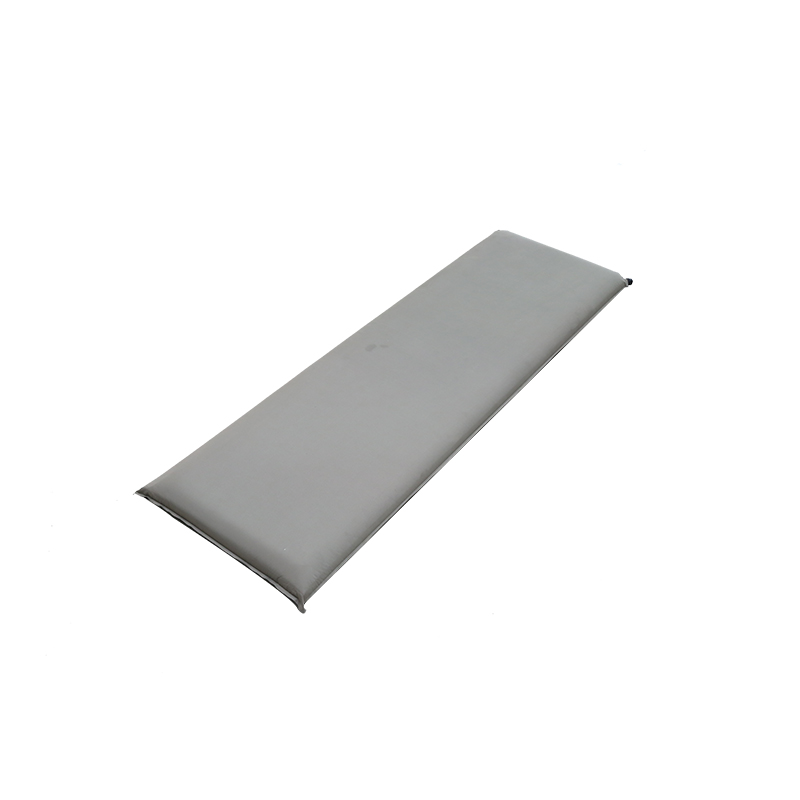Clothing—No matter what the temperature is during the day, wild nights often give the illusion of another season. Therefore, the following three points should be paid special attention in the camp:
Wear long trousers and avoid mosquito snakes in the camp;
Prepare a pair of camp shoes, take off the heavy hiking shoes after camping, and put on soft-soled shoes to relax your feet.
Because the sleeping bag has a certain insulation effect, you can take off your underwear and wear warm and breathable underwear into your sleeping bag before going to bed.
Other equipment-comfortable sleep and appropriate clothing, camping must also properly solve the problem of eating and lighting, at this time must bring the following two pieces of equipment:
Headlights: No matter if you search for items in the camp or look after the campfire, you need the "eyes" in the night-the headlights (free your hands more than a flashlight).
Stoves: Camping in areas where forests, deserts, or mountains are difficult to buy food, stoves become an indispensable part of "eat well." When choosing a stove, you need to consider aspects such as stability, support, wind resistance, operability, and firepower.
The split stove, that is, the burner is separated from the gas tank, and the two are connected by a conduit. It is widely used in camping scenes because of its classic efficiency. The direct-connected gas stove is popular among individual campers due to its fast and light weight. If you like the burning sensation and want to save fuel, then the wild oil stove is the best choice.
Checking the weather-Natural factors are the culprit for most camping accidents. The weather forecast in the camping area is very important. In addition to temperature, wind and snow, etc., you also need to pay special attention to night temperature differences, wind, local geological hazard predictions, and climate and hydrological information in the upper reaches of rivers.

 简体中文
简体中文 English
English 日本語
日本語 Español
Español Deutsch
Deutsch











